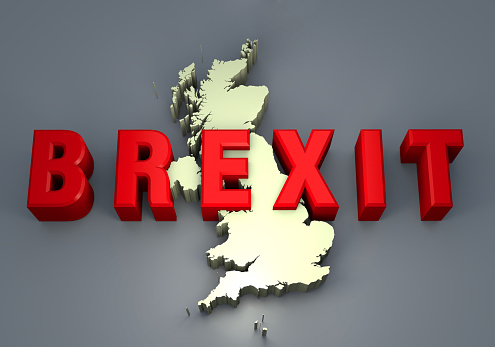A Brock University political scientist says the United Kingdom’s vote to leave the European Union is “the most important development in European politics since the fall of the Berlin Wall.”
Brock University associate professor Paul Hamilton says Brexit, and the subsequent resignation of Prime Minister David Cameron, will have major consequences for Britain and the EU respectively.
“Brexit may, in a worst case scenario, lead to the breakup of the United Kingdom should Scotland decide to seek independence and EU membership. It may also threaten the EU project as other member states consider the exit option,” he says.
Brock political scientist Blayne Haggart sees many parallels between the politics behind Brexit and the 1995 referendum in Canada, where voters in Quebec were asked whether or not Quebec should become an independent country.
“In both, you have a prime minister rolling the dice with the future of the country,” he says. “Things turned out differently, possibly in part because Quebecers and all Canadians have a sense of Canadianness, and successive federal governments worked to address Quebec’s concerns.
“Part of the problem with the Remain campaign seems to have been that there was no attachment to the European Union — a very weak sense of European identity. They tried to rely on the economic argument of the chaos that exit would cause, but if economic well-being were the most important thing to people, Canada would’ve joined the United States a long time ago,” says Haggart.
“Never underestimate the power of nationalism, or the sense of powerlessness that comes when you think that you don’t have control over your own fate,” he says.










